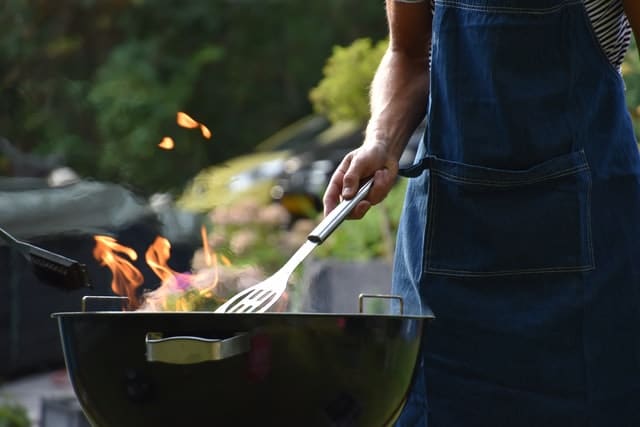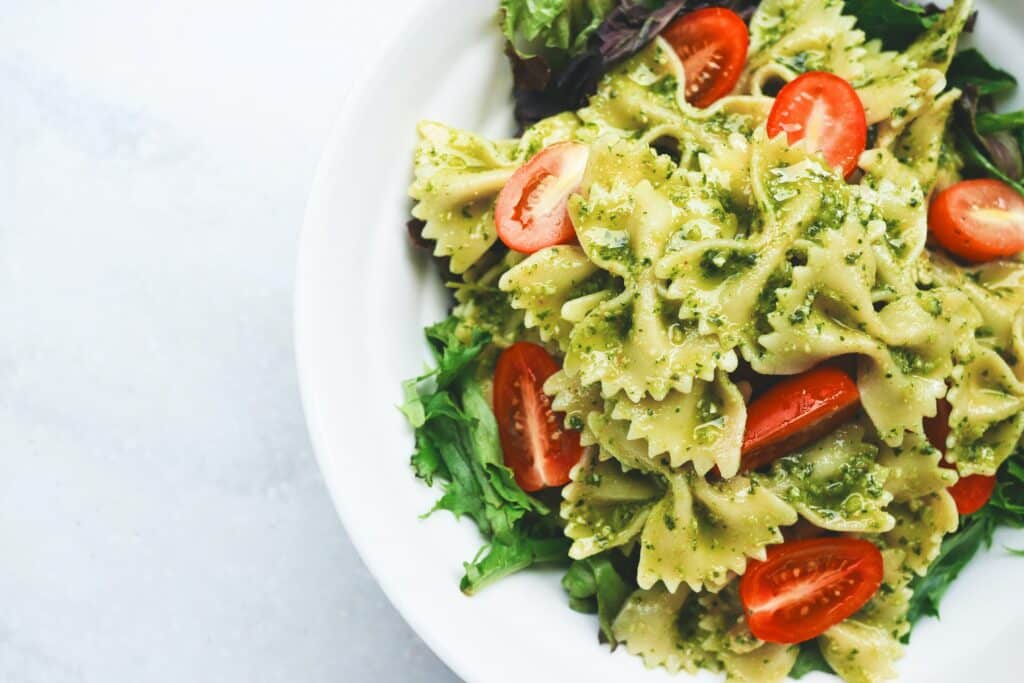Camping is a wonderful experience that many families participate in each year, taking their tent to set up on a campsite near a beach or national park. Of course, when you leave behind your kitchen and fridge there will be a difference in what cooking techniques will be available to you.
While barbecued sausages and marshmallows over an open fire are an iconic and much looked forward to part of camping, if you are staying for a week a diet of sausages alone may become boring. This post will be a compilation of all the little tips and tricks that make cooking while camping much easier to manage.
Bring the bare minimum
You may be tempted to bring coolers filled with food and sacks filled with cooking equipment, but most of the time this is not necessary. Outdoors camping shops will try and sell you a hoard of specific camping cooking equipment. However, unless you camp a few times each year, your new camping cook set are likely to be brought back from a trip and then left on a shelf in the garage, never to be used again.
Bringing a gas stove, a wok or saucepan, a set of BBQ equipment, a wooden spoon and frying pan should be fine. Trying to do complicated dinners while camping is a recipe for disaster and often ends with burned food. Simple tricks like wrapping jacket potatoes in foil and placing them in the campfire to cook are easy and delicious when served with chili and cheese.
Bring pre-cooked meals
Bringing foods that will keep well and are impossible to get wrong is a good idea for new campers. Tins of baked beans and tomato soup are practically impossible to get wrong and will make for lovely lunches.
Don’t try anything new
You may have brought a new cookbook specifically about creating delicious meals while on a campsite, but be realistic about what you will manage to achieve. Cooking over an open flame isn’t easy and if you haven’t experienced it before you can end up with some very burnt food.
Sticking to simple classic meals is just as delicious. For example, Hot dogs with onions or hamburgers are always a winner no matter where you are.
Plan meals ahead of time
Planning your meals ahead of time is very important so you know which ingredients you will need to bring with you on the trip. If only because if you don’t plan ahead, you are likely to attempt to pack half of your spice rack into the car with you.
Preparing the ingredients before you leave home is also a good idea, such as creating a salad dressing and keeping it in a jar or plastic bottle. Other ingredients like sauces or bolognaise can be made the day before you leave and kept in a cool box until you arrive.
A fantastic way to avoid disaster when eating while camping is to avoid cooking altogether. When it comes to lunch and breakfast, use foods such as cereal and sandwiches to bulk up meals without cooking.
Many campsites will have a bit of visitor’s information for you to peruse when you visit. If you are thinking of going to a restaurant or pub for a meal at least once during your stay, asking the camping staff at Bewl will help you find a restaurant that will work for you.
Good meals to try
Here are a few recipes perfect for a camping trip for you to try:
- Kebabs and skewered vegetables are a consistent classic. Easy to make and cook they taste delicious and you can spice them up with a marinade if you want a little more flavour.
- Halloumi burgers or strips are fantastic for vegetarians; this cheese is at its best when it has been cooked on the grill.
- Sausages and baked potatoes is always a winning combination, delicious with an onion gravy as a topping. Scrummy!
- Bananas and chocolate, when wrapped in tin foil and baked are a match made in heaven!
- Salads, such as coleslaw and potatoes salad can be prepared ahead of time and are fantastic side dishes to have on hand when you are camping.
- Good old fashioned barbeque staples such as hot dogs and burgers will always go down a storm! Other dishes like BBQ ribs and chicken wings are equally delicious and can bring a bit of spice with a nice marinade.
Foraging
With the increase in focus on living sustainably off the land many are becoming more interested in foraging and what it can offer you. Having an outdoors experience like Bear Grylls is out of the question for many, but taking the time to forage for food in the wild can be an extremely satisfying prospect. From rosehip syrup and elderflower cordial to nettle soup, there are many traditional British recipes that can be made with just wild foraged materials.
Some plants, especially mushrooms, shouldn’t be foraged without the help of an expert to guide you, as poisonous plants can be dangerous if you aren’t careful.
Try local specialities
Many of the areas you visit while camping will have local pubs, cafes and foodie specialities such as cheeses or marmalades. Looking up the most interesting local farmer’s markets before arriving can give you some excellent raw materials to work with when cooking over the campfire.
Kent is specifically known for Kentish rarebit, Whitstable oysters and cobnuts for any foodie visitors looking to try something new. With many hops farms to visit Kent is a hotbed of breweries with many local varieties of beer for interested visitors to try, Harvey’s bitter being the most famous.
Sussex on the other hand is much more famous for cheeses, with varieties such as the Golden Cross, the Burwash Rose and the Flower Marie varieties all originating in the county. If you are interested in a sweet treat that is easy to make and perfect for camping, the Banoffee pie was supposedly created in 1970 in The Hungry Monk restaurant in East Sussex.
Enjoy your trip!


